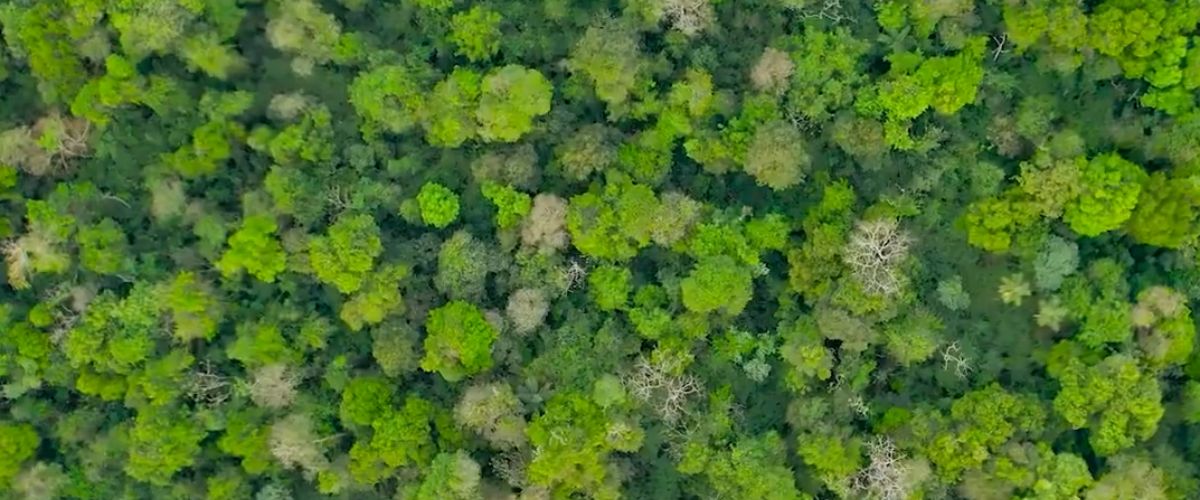Several regions join the carbon credit market

Within the framework of the COP26 in Glasgow, in October 2021, Misiones, an Argentinian province, signed an agreement with Mercuria, which would allow it to carry out projects that they were to be converted into carbon credits. With the funds provided by this Swiss company it would be promoted programs to prevent deforestation, avoid degradation and promote sustainable development in the province's rainforest. It was the first step for Misiones to join the voluntary carbon market.
On this basis, the Misiones Ministry of Climate Change, the first one in the Americas, agreed with the international organization VERRA to certify the measurement, with verified carbon standards. This should allow the issuance of carbon units, which are not emitted on the stock stored in the forest, but by additionally and reduction. It should be taken into consideration that one ton of stored carbon has a current value of 10 dollars in the voluntary market and that each hectare can produce 3 tons per year.
In April of the current year 2022, the first disbursement has already been made on account of a trust fund for the elaboration of the REDD+ jurisdictional plan (Reducing Emissions from Deforestation and Forest Degradation). The circle closes when Misiones province monetizes the environmental services that its forests provide to the world. This means that Misiones will be able to sell bonds, in a voluntary market, to those who need to offset emissions.
This entire process began in January 2021 and should be completed between July and August 2022, bringing substantial revenues to Misiones province. The aim is to obtain non-refundable resources for "avoided deforestation". Article 6th of the Paris Agree-ment establishes a mechanism, " Solutions based on technology", which allows the re-gions to receive funds for their climate actions.
These progresses, which have been appreciated by Pope Francis, were made possible with the creation of the Ministry of Climate Change in Misiones in March 2020. This is considered historic because it was the first place in the Americas where a climate change area was given the status of a ministry. Imitating Misiones, Argentinian prov-inces such as Jujuy, Salta and Tucumán have already started the process to join this voluntary market of carbon credits, under the umbrella of ZICOSUR.
Patricio Lombardi, the Minister of Misiones who promoted all these initiatives, is now the General Secretary of the Coalition for Carbon Market Equity, a South-South alli-ance signed between countries and regions in Africa and Latin America. Patricio Lom-bardi is very optimistic about the regions' chances in the fight against the climate change. "Sub-state actors can contribute to climate governance by developing new policies and models that reduce emissions and build resilience," he says. He advocates the international spread of these initiatives. It argues that measures implemented by regions can help national governments to achieve existing targets more quickly and effectively, while generating political support for more ambitious climate action.
In 2007, in a groundbreaking move, California and Quebec, after Nova Scotia, encour-age the Western Climate Action (WCI) with the aim of creating a carbon market in North America. These actors have joined the regulated market for credits. The Mis-sions initiative, beyond starting from Latin America, is emerging as a powerful initia-tive in the voluntary market.








































































